
This article was originally published on May 17, 2021.
Pairing UM-Dearborn faculty expertise with growing student interest and industry need, the College of Arts, Sciences, & Letters will add three certificate programs starting this fall.
For someone interested in a biochemistry approach to alternative medications — as well as gaining an understanding of natural plants from seed to oil — there’s the Medicinal and Aromatic Plants Certificate.
Students who want to develop more effective English communication skills, while also learning how the language affects culture, can earn an English Language and Linguistics Certificate.
There’s also a Comparative Literature Certificate that gives students the opportunity to analyze multicultural literature through its language of origin, which challenges preconceived notions and broadens cultural understanding and awareness — an important asset in an increasingly globalized workforce.
In addition to covering interesting areas of study, each certificate broadens knowledge in a flexible, time efficient way. CASL Dean Martin Hershock said these programs are designed so undergraduate students can add a certificate onto their existing major, or professionals can come to campus as a guest student with the goal of earning a certificate.
“Certificate programs are beneficial because they give a specialized education in a short period of time. Campus certificate programs — CASL now has 18 — are often developed to address a need for credentialed expertise or in response to an emerging area of study or interest.”
Here’s more about the three new certificate programs.
Comparative Literature
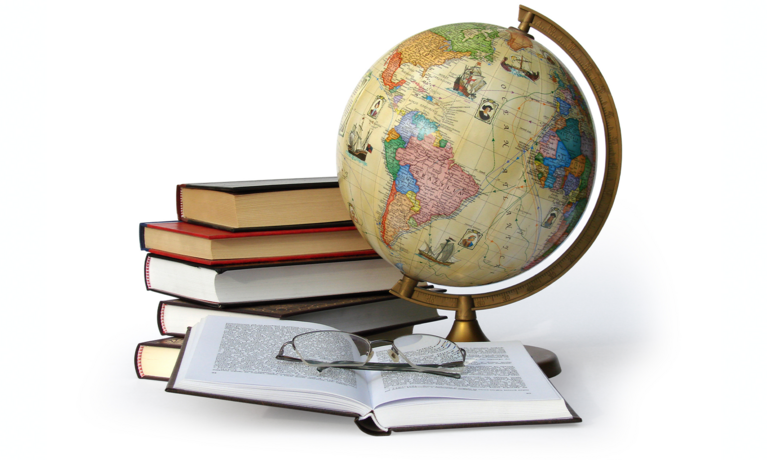
To gain a better understanding of multicultural perspectives — and making connections between original texts and their translations — the 12-credit Comparative Literature Certificate offers a literary critique of classic multicultural literature. But it’s done in a way that strengthens job skills for people interested in careers where translation and interpretation are essential.
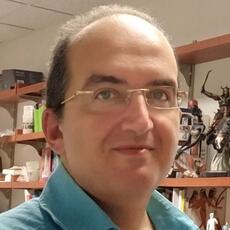
To do this, the certificate combines UM-Dearborn’s faculty expertise in Arabic, French, German, and Spanish, along with International Studies and Literature programs.
“There are different comparative literature programs in other universities, but this certificate is distinguished by its functionality. It is geared toward students with bilingual interests who do not necessarily major in literature just as much as students with literary interests, and prepares them for marketable skills that they can use in the job market,” said Assistant Professor Wessam Elmeligi, certificate director.
The certificate is available for both degree-seeking students and non-degree-seeking students, if they have a B.A. or B.S. and have taken a prerequisite language course.
English Language and Linguistics

The English Language and Linguistics Certificate improves knowledge of the English language, while also adding in the cultural aspect of understanding how it’s used throughout the world and how it shapes people and places.
The 12-credit certificate sets out to provide students with a focused understanding of the structure of the English language — in terms of its sound system, grammar, meaning and vocabulary — as well as learning how the spread of English contributes to language contact, urbanization, globalization, multilingualism and more.
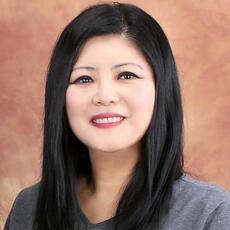
The faculty members teaching in the program are trained linguists who have graduated from specialist programs at leading universities in the U.S. and internationally, and have received much acknowledgement for their work — including books, major publications and a Fulbright U.S. Scholar Award.
The program is open to all undergraduate students at UM-Dearborn, as well as non-degree seeking students with or without college degrees.
“This will be useful to students who have career goals in domestic and global industries. Courses on the history and structure of English and its use in different societies prepare students to work in professional contexts throughout the world and open further career possibilities for the study of applied linguistics and other language-related subjects,” said Linguistics Professor Jamie Shinhee Lee, certificate co-director. “It will complement any major concentration by demonstrating detailed and up-to-date knowledge of how the English language works and where and how it is used throughout the world.”
Medicinal and Aromatic Plants Certificate
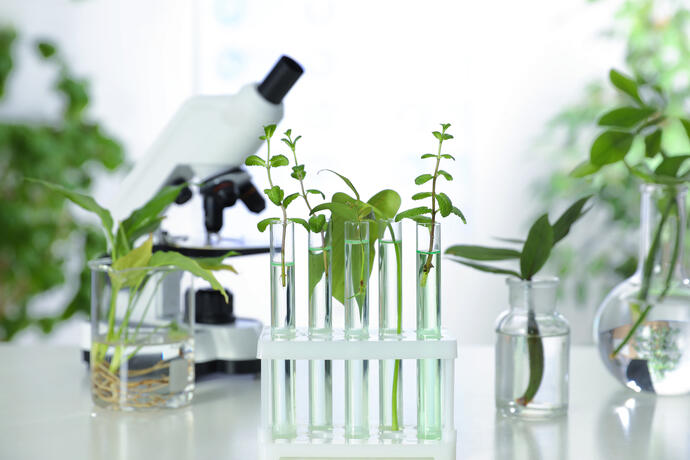
The Medicinal and Aromatic Plants Certificate provides a distinctive and applied path for students interested in extraction of plant compounds for medicinal applications, vehicle analysis and quality control in the health and wellness industry, cosmetics research and more.
With UM-Dearborn’s organic gardens, green house, advanced lab equipment and faculty expertise, UM-Dearborn is the ideal place to gain knowledge about medicinal and aromatic plant extract isolation, testing of efficacy and safety, and use in developing consumer products.
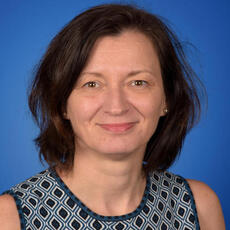
In addition to having strong programs in science, the campus’ reputation in ethnobotany goes back 50 years — Professor Emeritus Dan Moreman extensively researched ethnobotany and medicinal plant use in the early 1970s; his work helped create the Native American Ethnobotany Database. Several campus faculty continue to do research in ethnobotany, plants as foods and medicines, and nutritional and medical anthropology and biology.
The 13-credit certificate has foundational biochemistry course prerequisites so students have skill sets, like an understanding of biochemicals and extractions, prior to program admission. Non-degree seeking students can enroll if they’ve taken prerequisite biochemistry courses. For degree-seeking students, the program is designed so a biochemistry major only needs to take a max of three additional courses.
“This certificate gives students the opportunity to learn the process from a seed to oil or other end product,” said certificate Co-Director and Chemistry Associate Professor Simona Marincean, who worked as a chemical engineer in the cosmetics industry prior to teaching. “Our campus has the expertise and resources needed to guide students as they literally plant seeds, grow, extract, purify and characterize the constituents so they have the research and development skills needed to create a quality end product in the food, beauty or medical industries.”



